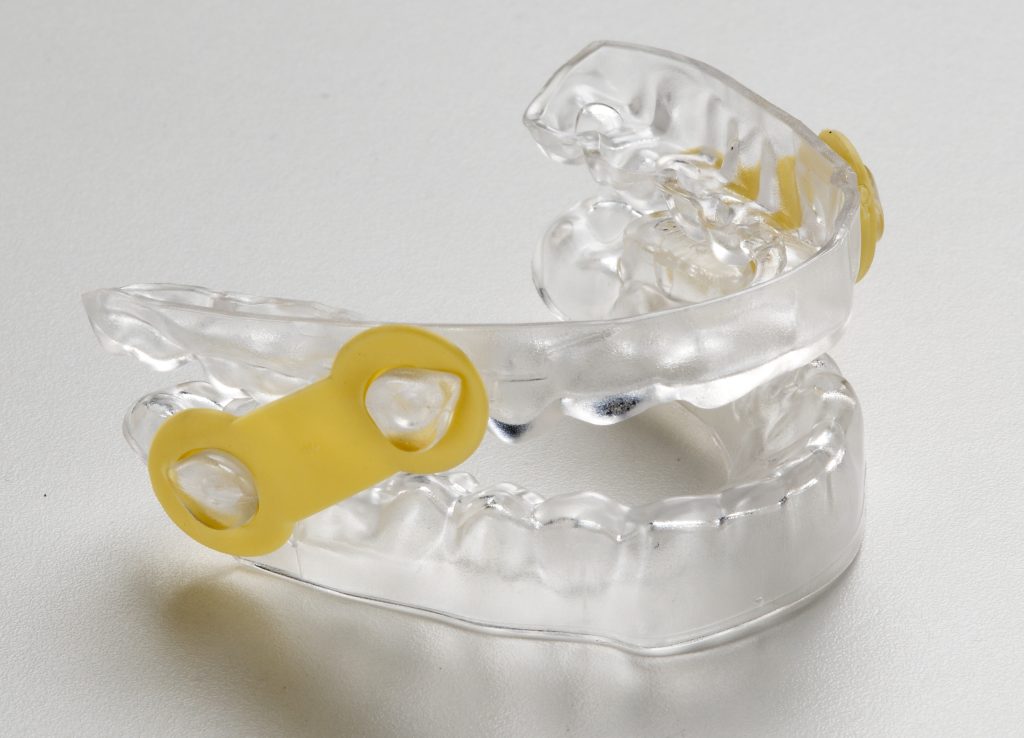A restful night’s sleep is essential for our overall health and well-being. However, for many individuals and their partners, the disruptive sound of snoring can turn this nightly ritual into a frustrating experience. Snoring not only affects the quality of sleep but can also lead to strained relationships and potential health issues. Fortunately, advances in technology have given rise to anti-snoring devices, offering a solution to this common problem. These devices aim to elevate the sleep experience by addressing the root causes of snoring and providing a peaceful night’s rest for both the snorer and their partner. Snoring is a widespread issue that affects people of all ages, genders, and lifestyles. It occurs due to the vibration of tissues in the throat and nasal passages as air flows through them during sleep. While occasional snoring is usually harmless, chronic snoring can disrupt sleep patterns and lead to complications such as sleep apnea, a condition where breathing repeatedly stops and starts during sleep. Additionally, snoring can lead to daytime drowsiness, irritability, and decreased cognitive function.
Anti-snoring devices have gained popularity as a non-invasive and effective solution to this pervasive problem. They are designed to reposition the jaw, keep the airway open, or improve airflow, all of which contribute to reducing or trusted snoring solutions.

Types of Anti-Snoring Devices
Continuous Positive Airway Pressure CPAP Machines: CPAP machines are effective for individuals with more severe snoring or sleep apnea. These devices deliver a continuous stream of air through a mask, effectively keeping the airway open during sleep.
Nasal Dilators: Nasal dilators are small devices that fit into the nostrils, helping to increase the diameter of the nasal passages. This reduces nasal congestion and promotes better airflow, minimizing the potential for snoring.
Tongue Stabilizing Devices TSDs: TSDs are designed to hold the tongue in a forward position, preventing it from falling back and blocking the airway. This type of device is particularly useful for individuals whose snoring originates from the tongue’s position.
Positional Therapy Devices: Some people only snore when sleeping in certain positions, such as on their back. Positional therapy devices are worn during sleep and help individuals maintain a position that reduces snoring, such as sleeping on their side.
The Benefits of Using Anti-Snoring Devices
Improved Sleep Quality: Anti-snoring devices promote uninterrupted sleep, leading to improved sleep quality and overall restfulness.
Enhanced Health: By addressing snoring, these devices can contribute to better respiratory health and reduce the risk of complications associated with sleep apnea.
Restored Relationships: Snoring can strain relationships, as partners of snorers often experience disrupted sleep as well. Using an anti-snoring device can lead to more harmonious nights for both parties.
Non-Invasive Solution: Most anti-snoring devices offer a non-invasive alternative to surgical interventions, making them more accessible and preferable to many individuals.
The power of anti-snoring devices lies in their ability to transform restless nights into rejuvenating sleep experiences. These innovative solutions address the root causes of snoring, offering relief to both the snorers and their partners. As technology continues to advance, the landscape of anti-snoring devices is likely to expand, offering even more effective and comfortable solutions to elevate the sleep experience for all.
